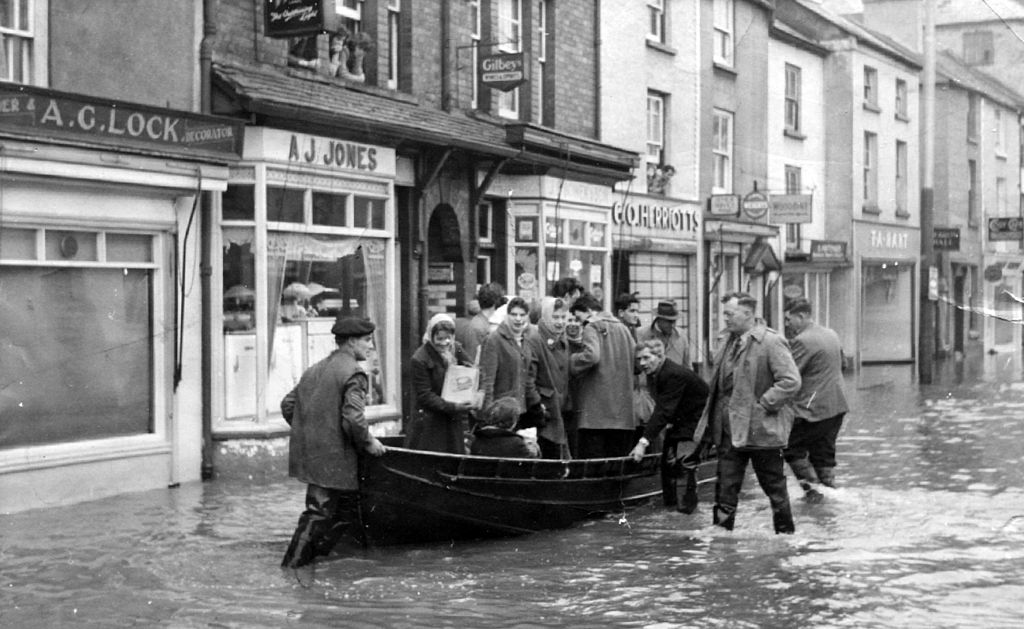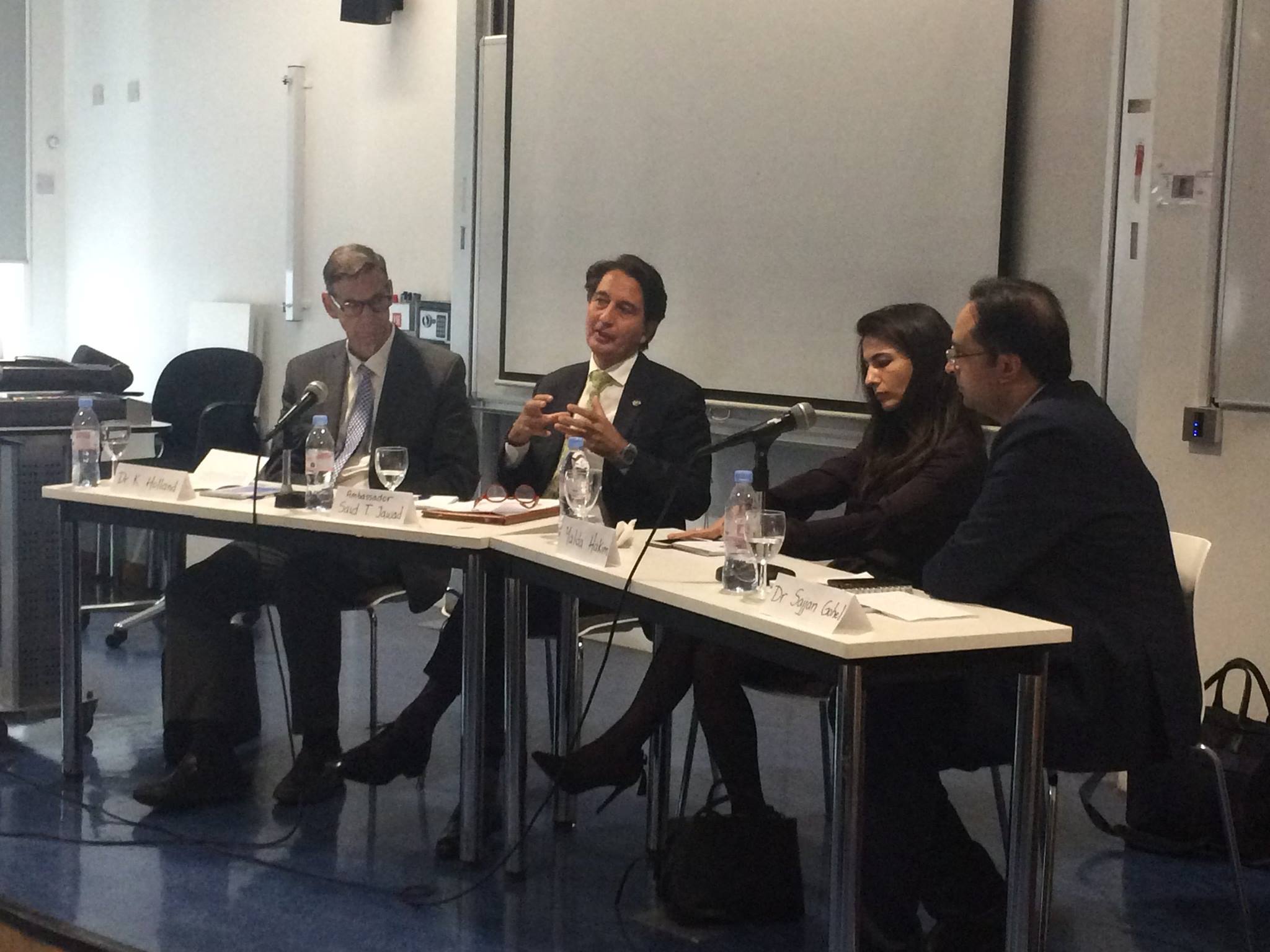
Professor Jean Paul Faguet
Professor of the Political Economy of Development
Programme Director, Development Management
Towards the end of 2008, a debate erupted amongst American historians and pundits about whether George W. Bush was the worst president of all time, or merely one of the worst. The case against him rested on a wilful, unnecessary foreign war born of lies that consumed thousands of American lives and untold wealth, and laid waste to poor, benighted Iraq.
With a much longer history, the competition for worst prime minister of the UK is fiercer. But the current incumbent is compiling a record that looks hard to beat. David Cameron is on the verge of losing Scotland, after which it will fall to his Conservative government to oversee the break-up of the United Kingdom. And then, having lost this entirely winnable election, where the weight of economic, geopolitical and historical arguments lay overwhelmingly on his side, he will stumble into an EU referendum to which he foolishly committed. What chance will this diminished political figure and his divided, demoralized troops have of winning that battle? If that election were held today, his chances would be slim. By then he will have none.
And so David Cameron will be the British Prime Minister who lost Scotland and fell out of Europe. As a politician he will be a failure. But for the UK he will be far worse – an historic disaster.
And how unnecessary, how fecklessly incompetent it will all have been. The mistake was not to agree to a Scottish referendum. To the contrary, this was a progressive decision, rightly celebrated, that recognized a people’s democratic right to self-determination. The colossal mistake, rather, was to not fight that contest himself – to fail to commit his government and the nation to its own self-preservation. By handing the campaign over to his political opponents on the assumption that he could never speak to the Scottish heart, it appeared – and he allowed us all to infer – that he did not care. He was too busy to keep the country together. He had more important things to do.
Worse still is the extent to which this is the story of a death foretold. Twenty-six years ago another conservative leader held a referendum, this one on his continued rule. He, too, lost what should have been a winnable contest with a campaign based on threats and fear that never listened to voters and took the outcome for granted. The recent film “No” depicts how a team of young, underfunded, brash opponents mounted a campaign based on hope, joy, and a deep belief in the decency of ordinary Chileans, to win an unlikely victory and topple the dictator. I lived through those events, and the echoes in Scotland of fresh hope and a different future are striking.
David Cameron is no Augusto Pinochet, of course. But he has repeated the dictator’s blunders on a far larger scale. He should have spent the last year showing (not just telling) Scottish voters that he, the government, and the British people love Scotland, value Scotland, respect its history, its immense contributions to knowledge, industry, the arts… the list goes on; the argument was an easy one to make. He should have explained that peoples intertwined by history, geography and blood belong together in one nation. He needed to argue passionately, as though he cared, that the Scots are British and the British are Scots, and absence diminishes both. He needed to build a positive, inclusive campaign of hope and possibility that convinced Scots that the politicians pushing for independence are scoundrels bent on self-aggrandisement.
But instead he ignored the referendum and – worse – the Scottish people. He sent others to win them over with a small-minded campaign based on fear; a campaign that ensured that even a narrow victory for the Union would be pyrrhic, grudging, and rather than settling matters would entrench divisions and bitterness on both sides.
In another country and another time, an American president rallied his people by explaining that they had “nothing to fear but fear itself”. In doing so he lit a candle in their darkest hour, ennobled them, and led them to a greater dawn. Cameron told Scots they should be afraid. In doing so he diminished them. Now they are set to return the favour.
This article was originally published by The Independent on 17th September 2014.





